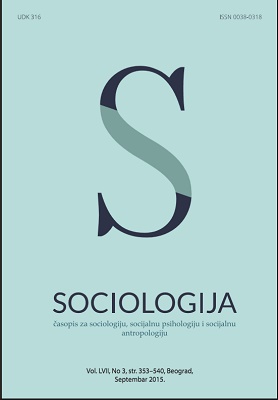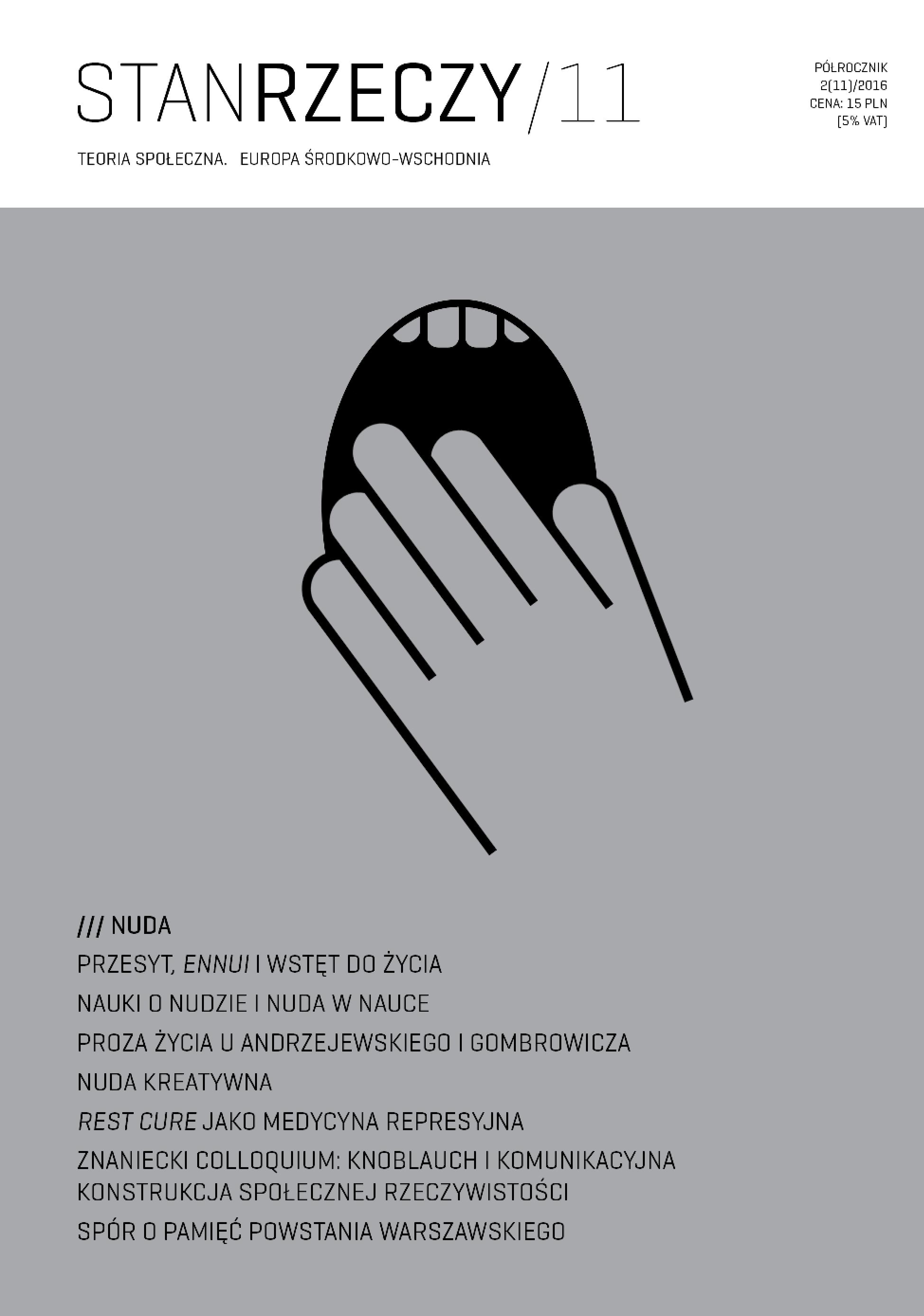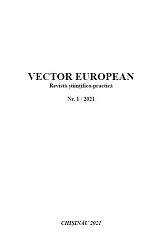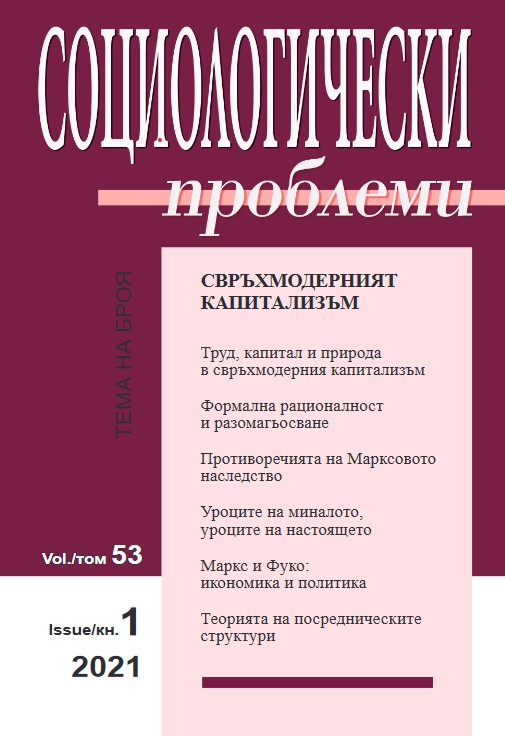Author(s): Andreea Acasandre / Language(s): English
Issue: 4/2020
This paper is concerned with the analysis of some worrying present tendencies of urban sprawl in the large, important economic centers of Romania. It focuses on the tendency of building new residential apartments on the outskirts of the big cities. Most of these developments target young people that belong to a still-developing middle class. Big problems emerge, however, when real estate investors take advantage of the buyers’ lack of experience and of the authorities’ poor management, offering small, badly-built apartments in new residential areas which are designed around only one function: housing. The absence of complementary functions that could support the development of communities gravely impairs the inhabitants’ quality of life. At the local level, I was able to identify two main problems: the absence of the necessary infrastructure to support such a massive increase in population, and the absence of local amenities. On a larger scale, the consequences are significant as well: chronic traffic jams due to the large number of people who commute to Bucharest daily, for work. Even though at first Popeşti-Leordeni (a satellite-town of Romania’s capital) was considered a good housing option, the people living there are rapidly becoming highly unsatisfied with their quality of life. In their opinion, the biggest problems of this urban area are the absence of green spaces, of leisure services, of parking options, and of means of public transportation. To these complaints, the inhabitants add dissatisfaction with the general problems caused by the endless building sites, which also represent one of the main causes for the lack of cleanliness, bad roads, noise and pollution plaguing the area. This paper, based both on the analysis of statistical data and on empirical research, aims to show that Popeşti-Leordeni, especially the New Popeşti neighborhood, is an example of bad housing caused by corruption, investors’ greed, bad management on the part of the authorities, and the young buyers’ inexperience.
More...


















